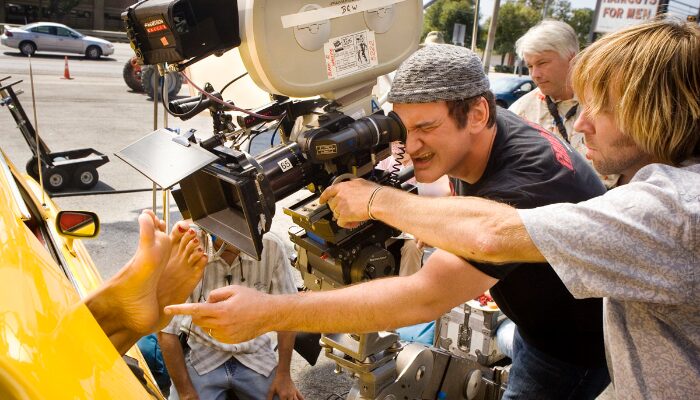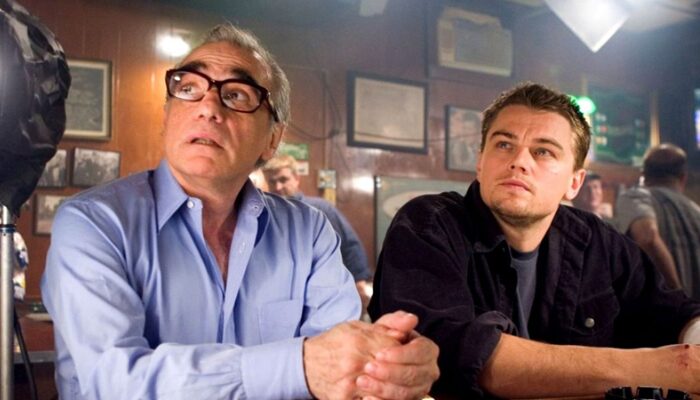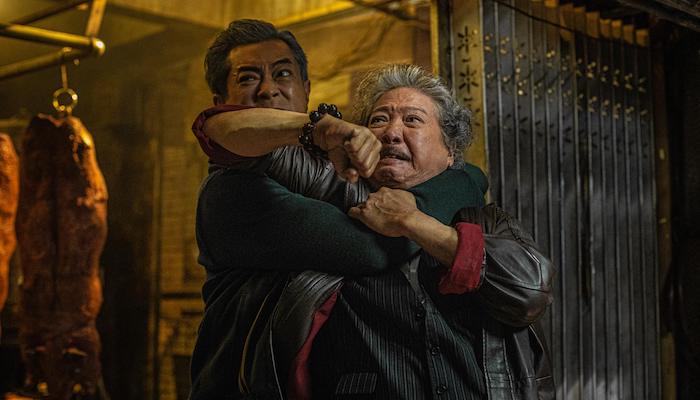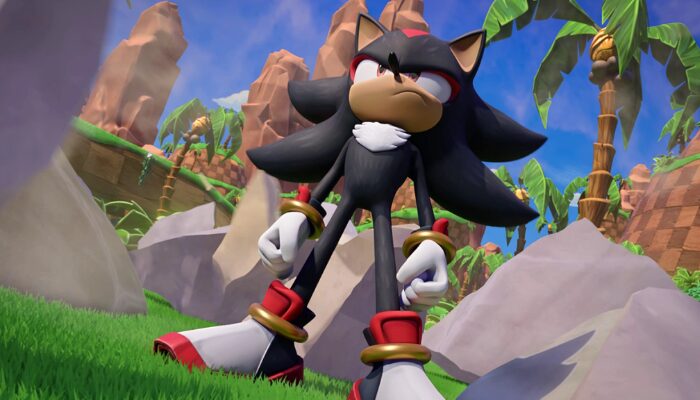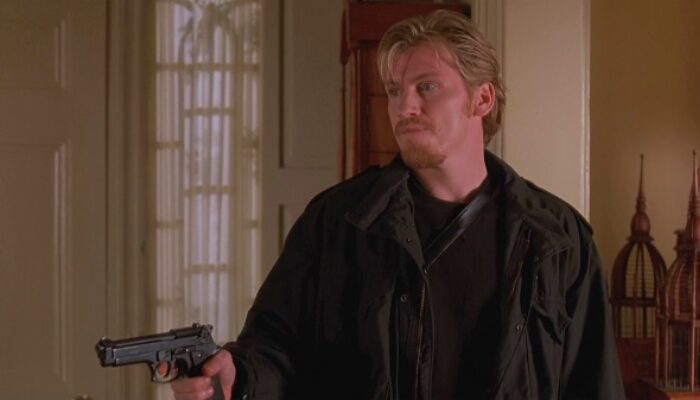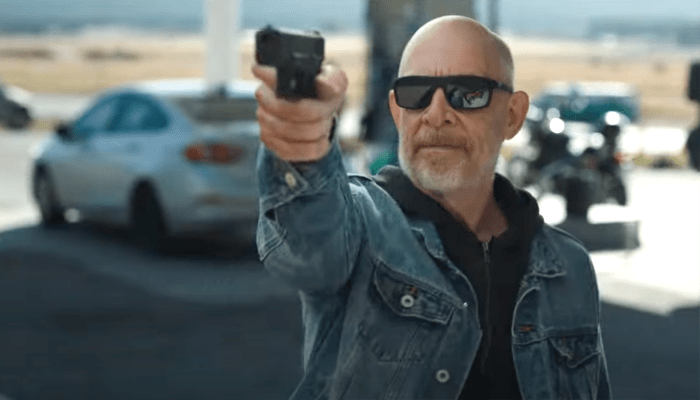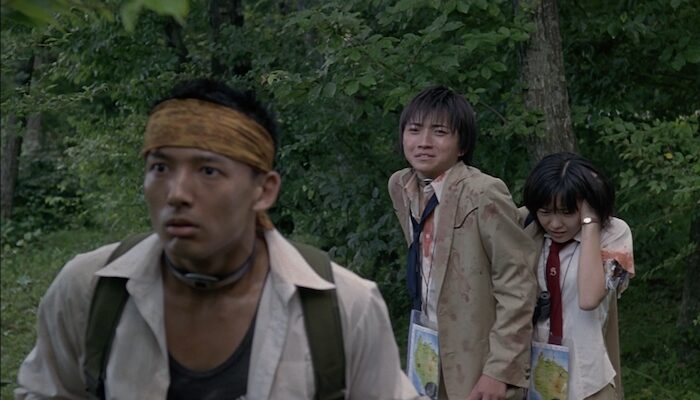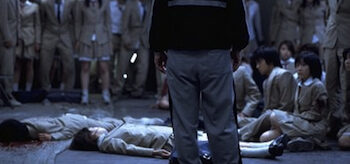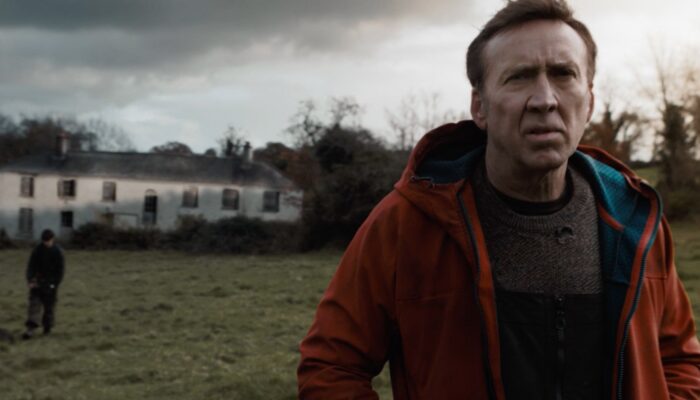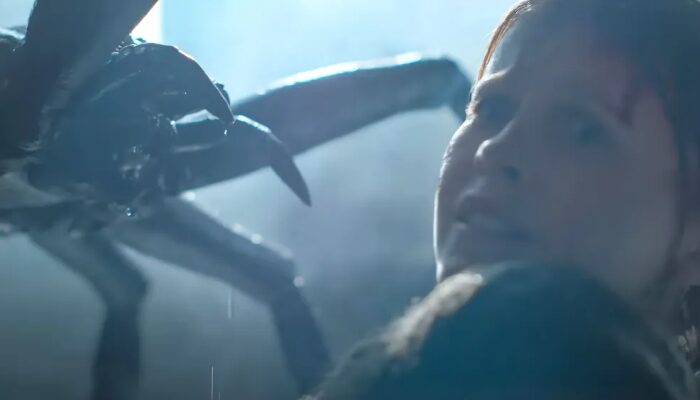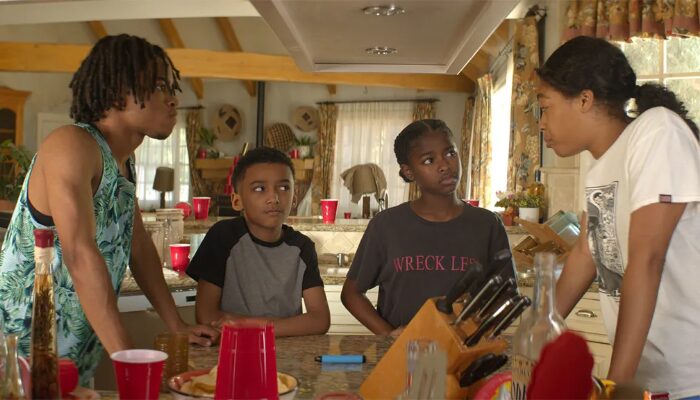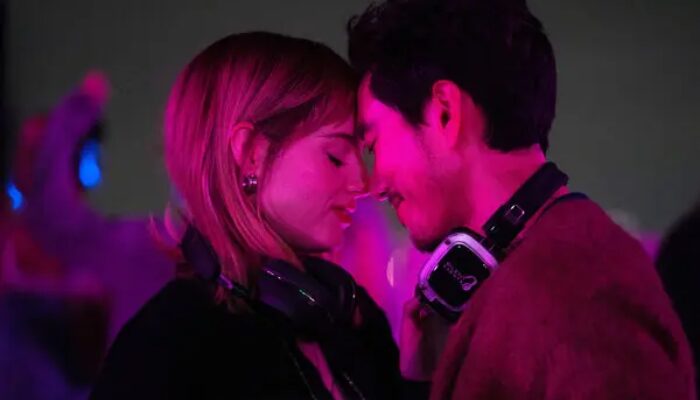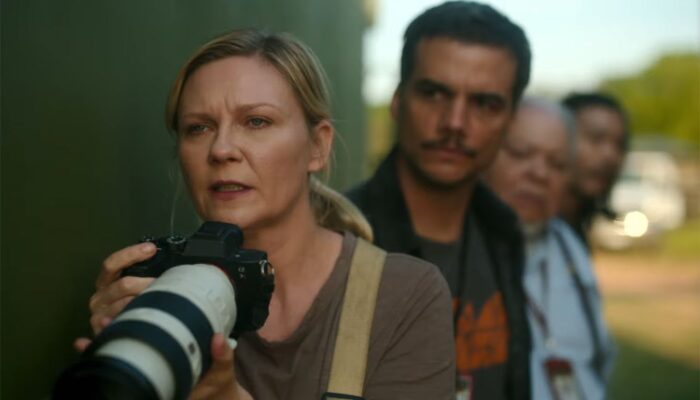Film Review: BATTLE ROYALE (2000): A Vintage Tale for Modern Times and Sensibilities
Battle Royale Review
Battle Royale (2000) Film Review, a movie directed by Kinji Fukasaku, and starring Takeshi Kitano, Tatsaya Fujiwara, Aki Maeda, Taro Yamamoto, Chiaki Kuriyama, Takashi Tsukamoto, and Sôsuke Takaoka.
More than two decades have passed since this controversial yet seminal dystopian film was first released in Japan.
The film sticks fairly close to the 1999 novel of the same name by Koushun Takami, with some shortcuts taken to fit the feature film narrative. There is one interesting departure from the novel worth at least a mention — specifically, Japan emerging victorious as a fascist state after the Second World War — which no doubt adds impetus to the story.
Kenta Fukasaku, who adapted the novel, chose for the plot’s inciting event a much more contemporary and salient issue: Rampant rise juvenile delinquency arising from a devastating economic recession. It is said that he felt this would resonate more strongly with the youth culture at that time, making it both more timely and profitable.
When The Hunger Games was first released in 2012, many jumped on the bandwagon to compare that film to Battle Royale. I feel it is important to mention that I do not imply that one is better than the other. Each film met its goal superbly. Both are exciting, engaging films in their own right and fully deserve their successes. But in my opinion, these comparisons, favorable or not, have more value for their differences. But they do share one similarity — an authority conscripting teens at random for ceremonial trial by ordeal.
As stated above, this fictional fascist Japan imposes its ‘BR ACT’ to reinforce the crucial necessity of respect for authority, bred in the bones of Japanese culture over its long, venerable history. One might say this story exemplifies the Generation Gap conflict in its extreme. An entire class of ninth graders is randomly selected as participants. No preference is given on the basis of gender; each is afforded a grab-bag of rations and weapons. Zero tolerance for defiance leaves two students dead before the trial begins.
The Fukasaku’s took meticulous care with casting for Battle Royale. Takeshi Kitano is the one celebrity in the cast. As host of a popular game show, his high profile was felt to have special audience impact. But his character as the teacher is nowhere close to playful; disrespect from both his students and his estranged daughter had soured him into one savagely vengeful antagonist. Otherwise, group dynamics is more at issue. It took roughly six months to select the teens who would compose the ninth-grade class of antiheroes. From the 6000 who auditioned originally, 42 of 800 ‘finalists’ emerged after a period of rigorous physical training for the roles.
The filmmakers allowed some quality screen time for character development among the panicked (usually bloody) fatalities. This strategy was something of a risk, to have enough relative tranquility to convey friendships and affections without losing the panicked momentum of high-stake, haywire violence. Equal measure was given to the character strengths and flaws of the students meant to focus our attention. It could have been messy, but the filmmaking team managed just about perfect pacing. There were surprises and twists around every corner, in terms of alliances and betrayals. (Also, you might find yourself contemplating which path you might take in a similar situation.)
The Hunger Games also followed the novel’s plot closely. The mettle of 16-year-old Katniss Everdeen is tested and her successes and failures are emphasized. The cataclysm that gave rise to Panem gets brief mention. But social order here is not as important as Katniss’ fortitude and willingness to trust throughout her trials. Her personal growth and integrity is the real triumph. In short, this is a modern parable, an abstraction.
But there is little abstract about Battle Royale; as a film, it’s downright gritty, in-the-moment and in-your-face, with the events fearfully grounded and unforgiving. As for the competition itself, there is no higher purpose than self-preservation; even one’s allies are suspect. Predation is the mantra; opportunism is the coin of that realm. In light of today’s hot-button issues regarding gun rights, classroom curriculum content, and book burning, Battle Royale is more timely now than it was two decades ago. But its scarier message is that some emerging dystopia is closer to reality than not.
Rating: 9/10
Leave your thoughts on Battle Royale below in the comments section. Readers seeking to support this type of content can visit our Patreon Page and become one of FilmBook’s patrons. Readers seeking more movie news can visit our Movie News Page, our Movie News Twitter Page, and our Movie News Facebook Page.
Want up-to-the-minute notifications? FilmBook staff members publish articles by Email, Twitter, Facebook, Instagram, Tumblr, Pinterest, Reddit, and Flipboard.
Related Articles
FilmBook's Newsletter
Subscribe to FilmBook’s Daily Newsletter for the latest news!

